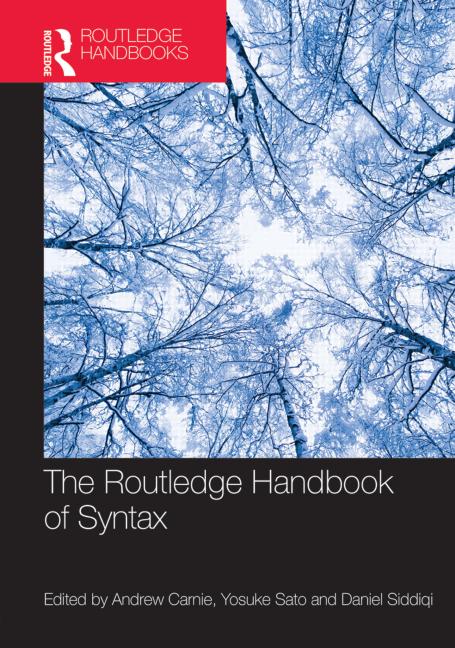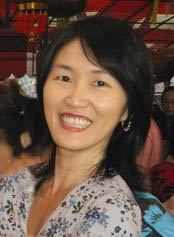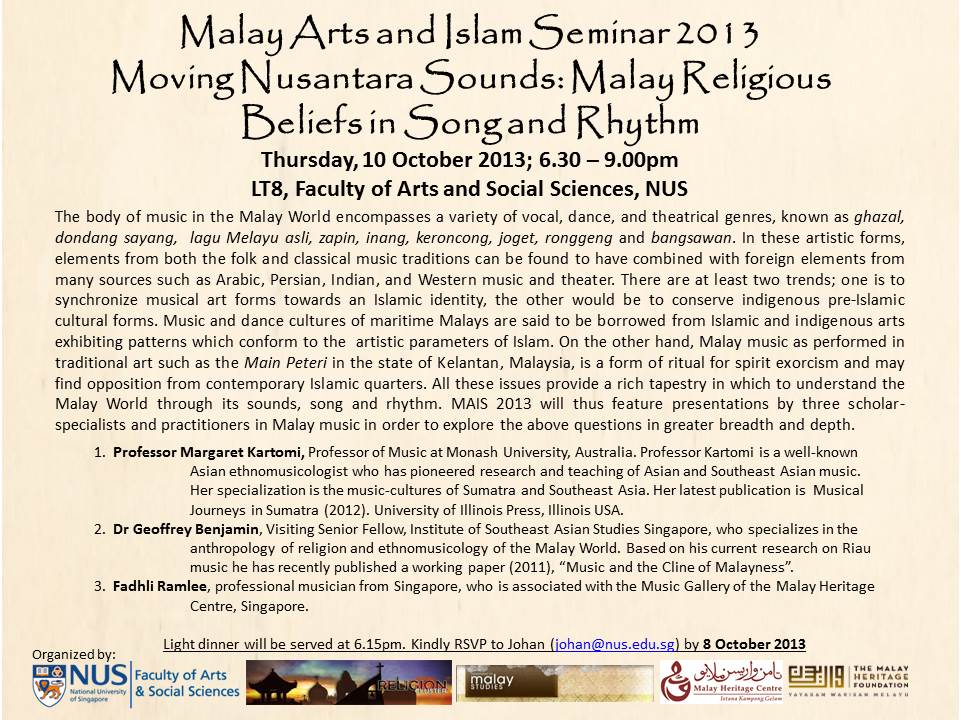The National University of Singapore (NUS) and Stanford University (Stanford) are pleased to announce that applications are welcome between now and 1 November 2013 for the 2014 Lee Kong Chian NUS-Stanford Distinguished Fellowship on Southeast Asia. Interested individuals with backgrounds or positions in the social sciences or humanities are encouraged to apply. Candidates may be of any nationality or seniority.
One or two candidates may be awarded fellowships. A successful candidate will spend one month at NUS and one, two, or three months at Stanford, writing and conducting research on, or related to, contemporary Southeast Asia. Fellows will also have opportunities to speak and take part in seminars and workshops organized by relevant campus units. In determining the overall length of the fellowship and the sequencing of the stays at each campus, the preferences of the fellow concerned will be taken into account.
Fellowships will normally begin and end within the period from 1 April 2014 to 31 March 2015. Each fellowship will cover one roundtrip economy-class airfare from the fellow’s country of residence to NUS (or Stanford), continuing on to Stanford (or NUS), and returning from Stanford (or NUS) to the fellow’s country of residence, and will include a stipend of US$ 7500 per month during the fellowship period.
Applicants should submit the following six (6) items:
(1) a project statement (not exceeding three pages) that addresses the candidate’s research project’s central analytic question(s), explains its intellectual contribution to scholarship on Southeast Asia, and describes the writing and research envisaged during the fellowship. The statement should also clearly state the specific research outcomes envisaged.
(2) a detailed schedule of the proposed fellowship period including dates of anticipated residence at NUS and at Stanford.
(3) a sample of published, English-language work by the candidate that is directly or indirectly related to the research project.
(4) the candidate’s full curriculum vitae including a list of publications.
(5) full contact information, including email addresses, for three (3) academic referees who should be able, if asked, to evaluate the proposal and the candidate.
(6) full contact information for the applicant including an email address.
Complete applications are due by 1 November 2013. Results will be announced no later than mid December 2013.
Applications should be sent simultaneously to both NUS and Stanford at these addresses:
NUS – Lee Kong Chian NUS-SU Initiative on Southeast Asia, Research Division, Dean’s Office, FASS, National University of Singapore, The Shaw Foundation Building, 5 Arts Link, Block AS7, Level 6, Singapore 117570
Email: nusstanfordsea@nus.edu.sg; tel: (65) 6516 7035; fax (65) 6773 6878
Website: http://www.fas.nus.edu.sg/research/nusstanfordsea/index.html
Stanford – Lee Kong Chian NUS-SU Initiative on Southeast Asia,
Southeast Asia Forum, Shorenstein Asia-Pacific Research Center, Encina Hall E-301, Stanford University, 616 Serra Street, Stanford, CA 94305-6055, USA
Email: llee888@stanford.edu ; tel: (650) 724 6403; fax (650) 650 723 6530
Website: http://aparc.stanford.edu/fellowships/nus_stanford







